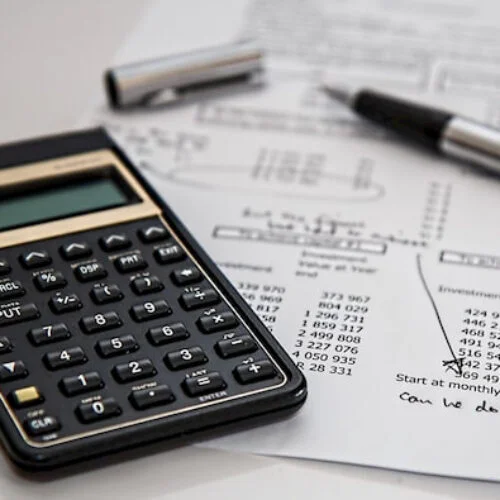Study In Georgia

Accounting Study Program in Georgia
An accounting degree program’s general education courses, such as speech, logic, macroeconomics and communication, provide students with a solid foundation in liberal arts. Core coursework delves into marketing, business law, financial management and statistics, while additional topics of instruction might introduce students to fraud investigations and accounting ethics. Sample courses that students may encounter include:
- Management principles
- Cost management
- Income taxation
- Accounting theory
- Accounting systems and controls
Popular Career Options
A bachelor’s degree in accounting can prepare students for employment in non-profit organizations or government agencies, such as the FBI or IRS. Graduates may become self-employed accountants or work in an accounting firm or corporate finance department. Accounting graduates are qualified to work as:
- Public accountants
- Forensic accountants
- Tax examiners
- Internal auditors
- Government accountants
Continuing Education Information
Students seeking further training in auditing and taxation may consider a Master of Accounting. A Master of Accounting program is an intensive program designed to enhance a students’ knowledge of accounting information systems, financial reporting, cost accounting and tax reporting. Graduates may be prepared to take the Certified Public Accountant (CPA) exam. According to the BLS, accountants working with the U.S. Securities and Exchange Commission are required to be CPAs. In order to become a CPA, students must complete the 4-part CPA exam offered through the American Institute of Certified Public Accountants.
A bachelor’s degree program in accounting prepares students to work as public accountants, forensic accountants, or tax examiners. Graduates are ready to further their education or to take the CPA certification exam.
Core Concepts and Coursework
Most programs start with a general education curriculum, and after completing the core classes students take specialized accounting courses. Many universities offer a broad curriculum that focuses on different bodies of knowledge and a variety of accounting-related skills. Many accounting programs include similar foundational accounting classes, such as:
- Financial Accounting
- Managerial Accounting
- Cost Accounting
- Financial Statement Analysis
- Auditing
- Financial Reporting
- Fundamentals of Tax
- Accounting Information Systems
- International Accounting
- Ethics in Accounting
